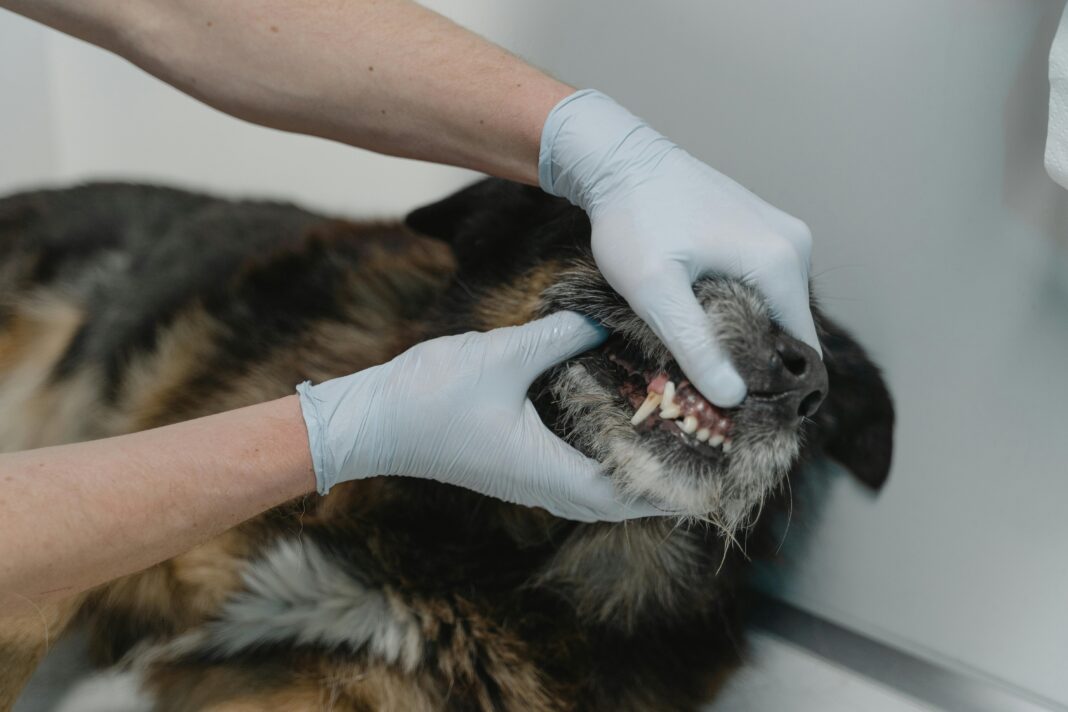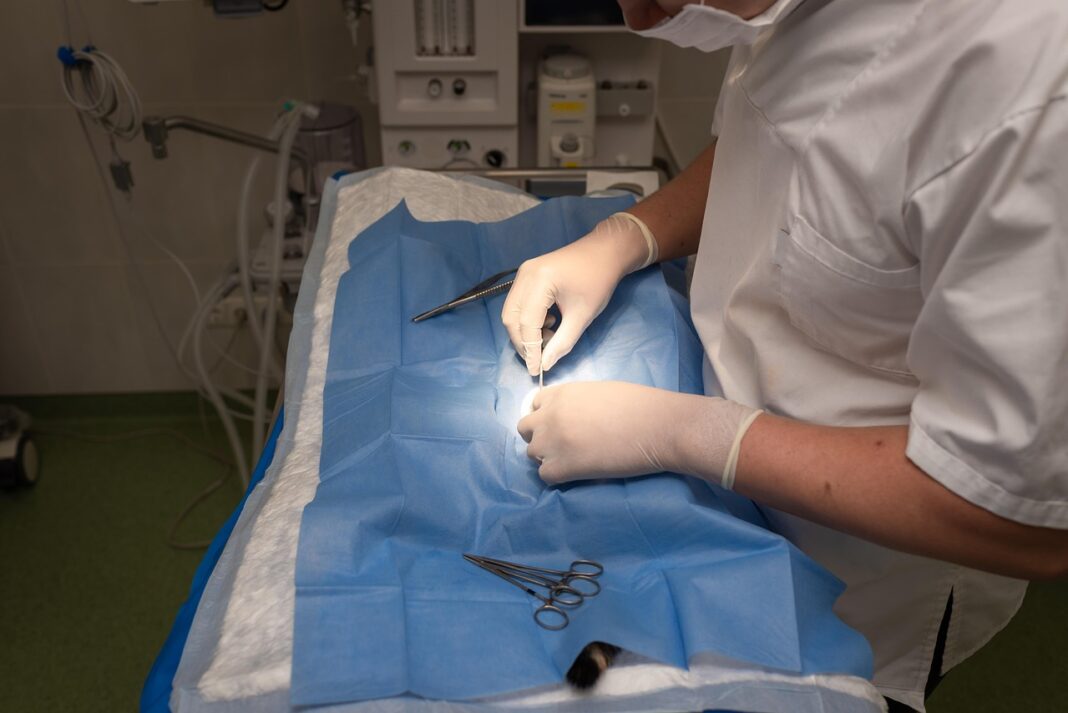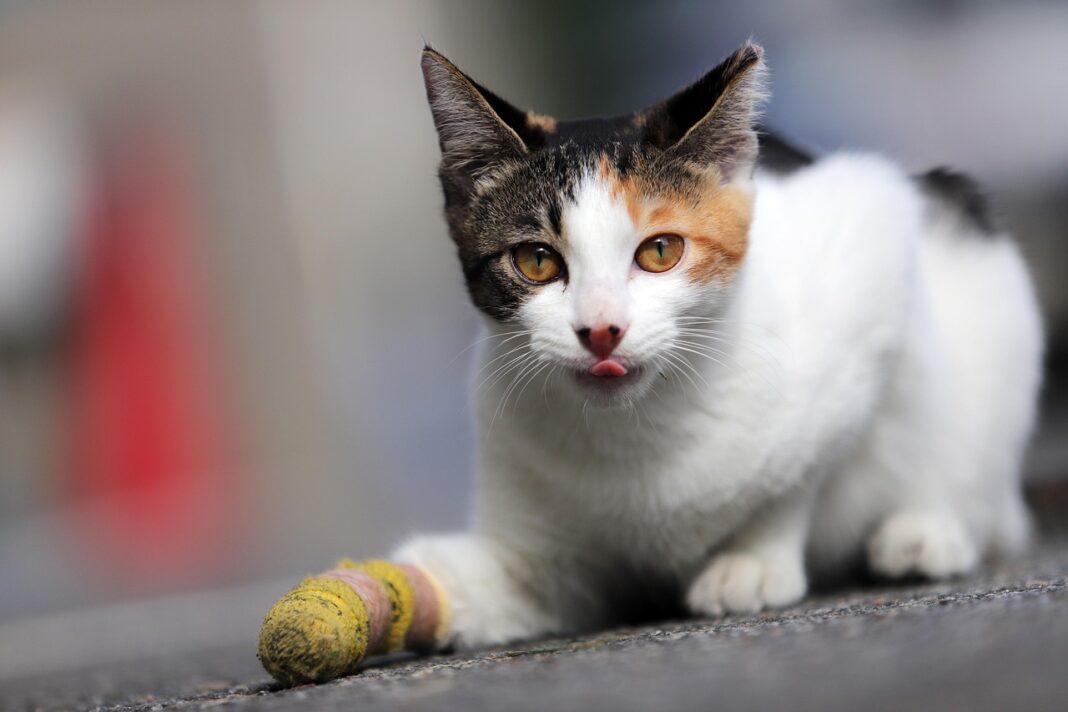Keeping your furry friends healthy goes beyond regular vet visits and a balanced diet—it includes maintaining their dental health! Good oral hygiene is vital for pets, as it can prevent serious health issues. Here’s a comprehensive guide to understanding and improving your pet’s dental care.
Why Dental Care Matters
The Importance of Oral Hygiene
Just like humans, pets can suffer from dental disease, which can lead to pain, infection, and other serious health issues. Poor oral hygiene may cause bacteria to enter the bloodstream, affecting the heart, liver, and kidneys. A focus on dental care can significantly extend your pet’s lifespan and improve their quality of life.
Common Dental Issues in Pets
-
- Plaque and Tartar Buildup: If left untreated, plaque can harden into tartar, leading to gum disease.
-
- Bad Breath (Halitosis): Foul breath is often the first sign of a dental issue. It’s a red flag to check for underlying problems.
-
- Gingivitis: Inflammation of the gums, usually caused by plaque buildup, which can progress to periodontal disease.
-
- Periodontal Disease: A severe form of gum disease that can lead to tooth loss and systemic health problems.
Recognizing Symptoms of Dental Problems
Signs You Shouldn’t Ignore
-
- Bad Breath: Persistent foul odor could indicate dental disease.
-
- Difficulty Eating: If your pet struggles to chew or avoids food altogether, it may be in pain.
-
- Excessive Drooling: An increase in drool can signify oral problems.
-
- Swollen Gums: Red, inflamed, or bleeding gums are warning signs.
-
- Loose or Missing Teeth: Look for any tooth mobility or extraction.
Diagnosis of Dental Conditions
To assess your pet’s dental health, regular vet check-ups are essential. During these visits, your veterinarian will likely perform a dental exam, which may include:
-
- Visual Inspection: Examining the mouth, gums, and teeth for signs of disease.
-
- X-rays: Sometimes necessary to identify issues beneath the surface, such as root infections or bone loss.
-
- Cleaning: A professional dental cleaning under anesthesia may be recommended if significant plaque and tartar are present.
Treatment Options for Dental Diseases
Managing Dental Health Issues
Once dental problems are diagnosed, your vet will recommend appropriate treatments. Common options include:
-
- Professional Dental Cleaning: A thorough clean to remove plaque and tartar build-up, often performed under anesthesia.
-
- Medications: Antibiotics or anti-inflammatories may be prescribed for infections.
-
- Extractions: Damaged or diseased teeth may need to be removed to prevent further complications.
-
- Oral Rinses and Gels: Your vet may suggest specific antimicrobial rinses or gels to apply at home.
Preventing Dental Issues
Proactive Steps for Healthy Teeth
Prevention is always better than cure. Here are some practical tips for maintaining your pet’s dental health:
Regular Brushing
-
- Brushing Technique: Use a toothbrush designed for pets and toothpaste made specifically for animals. Aim to brush your pet’s teeth several times a week, if not daily.
-
- Start Slowly: Allow your pet to become familiar with the taste of the toothpaste and gradually get them used to having their teeth brushed.
Chew Toys and Treats
-
- Dental Chews: Invest in veterinary-approved dental chews and toys that help reduce plaque and tartar while satisfying your pet’s chewing instincts.
-
- Raw Bones: Offering raw, meaty bones (under supervision) can also promote dental health by mechanically scraping teeth and promoting healthy gums.
Diet Considerations
-
- Quality Pet Food: Feed your pet a high-quality diet that includes dental-specific formulas designed to reduce plaque.
-
- Water Additives: Consider using water additives that help maintain oral hygiene when your pet drinks.
Routine Veterinary Visits
-
- Regular Check-ups: Schedule dental check-ups every 6-12 months, depending on your pet’s needs. This allows for early detection of dental issues.
Understanding Pet-Specific Dental Needs
Tailoring Dental Care to Your Pet’s Breed and Lifestyle
Not all pets are the same, and their dental care should reflect their specific needs:
Small Dog Breeds
Smaller breeds often face higher risks of dental issues due to their crowded teeth. Regular brushing and dental check-ups are particularly vital.
Cats
Cats can also develop serious dental ailments, but they may hide symptoms well. Pay attention to changes in eating habits or grooming behavior.
Older Pets
Senior pets may require more frequent dental care, as they are prone to periodontal disease and may have existing health issues that complicate treatment.
By understanding the importance of pet dental care and taking proactive steps, you can help ensure that your fur baby enjoys a healthy and happy life. Remember, a healthy smile is a happy smile!





